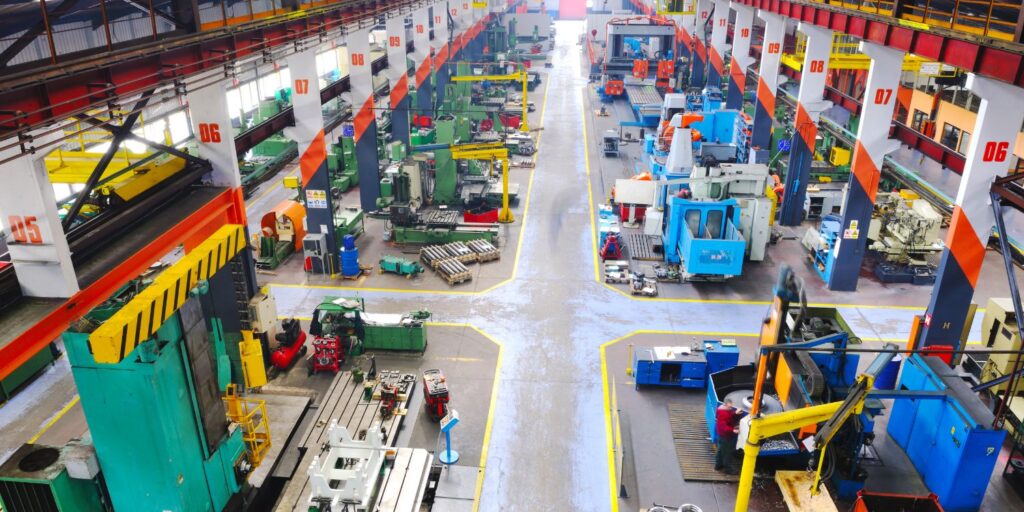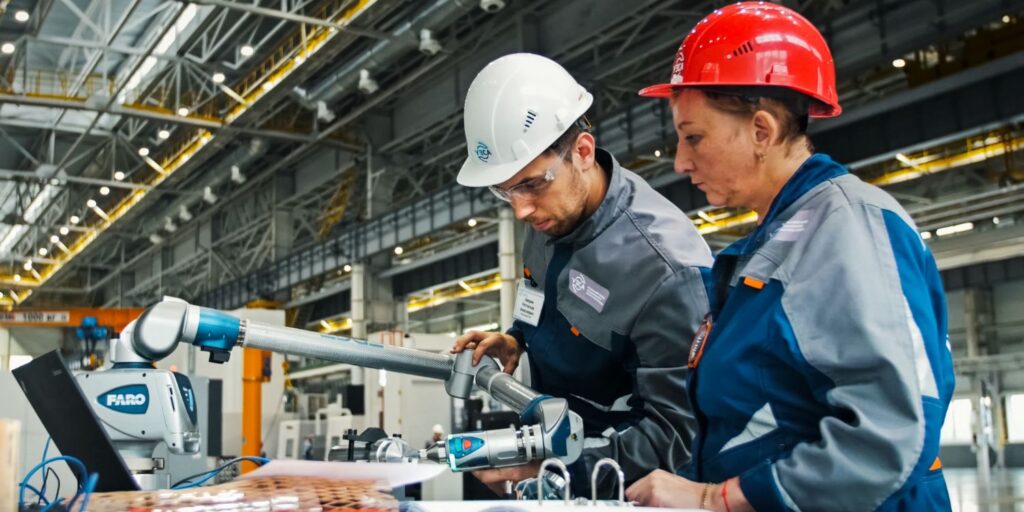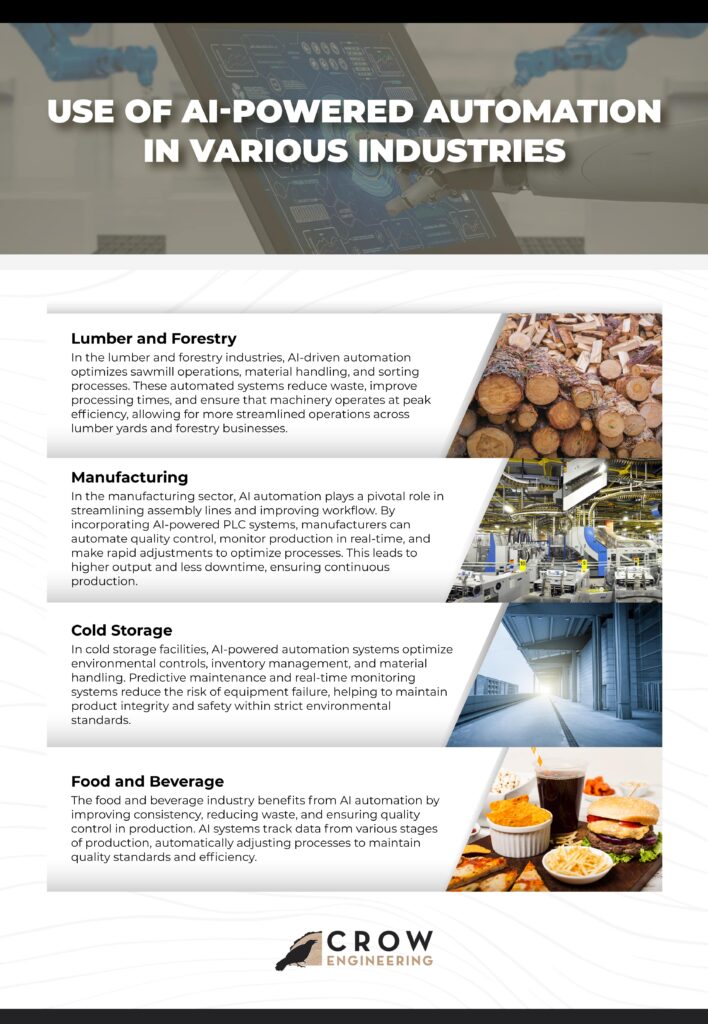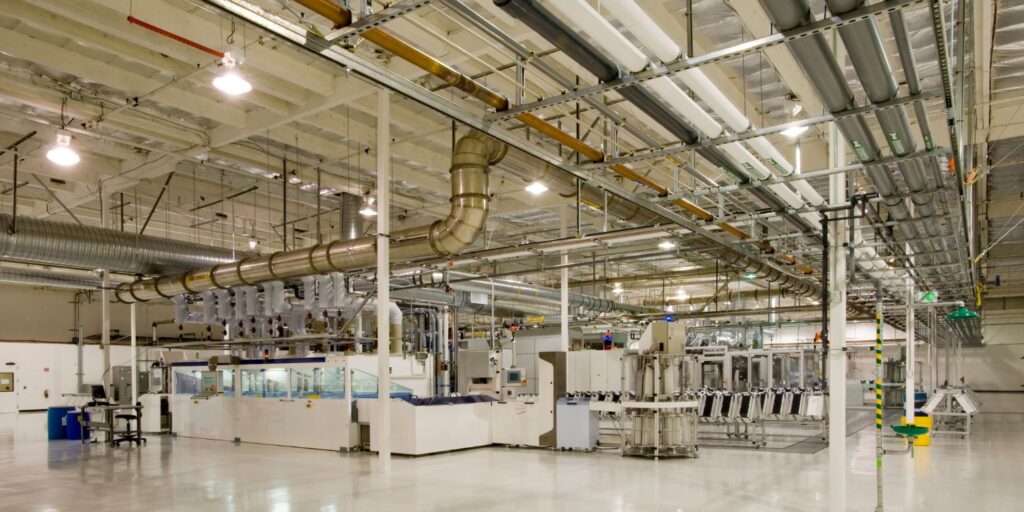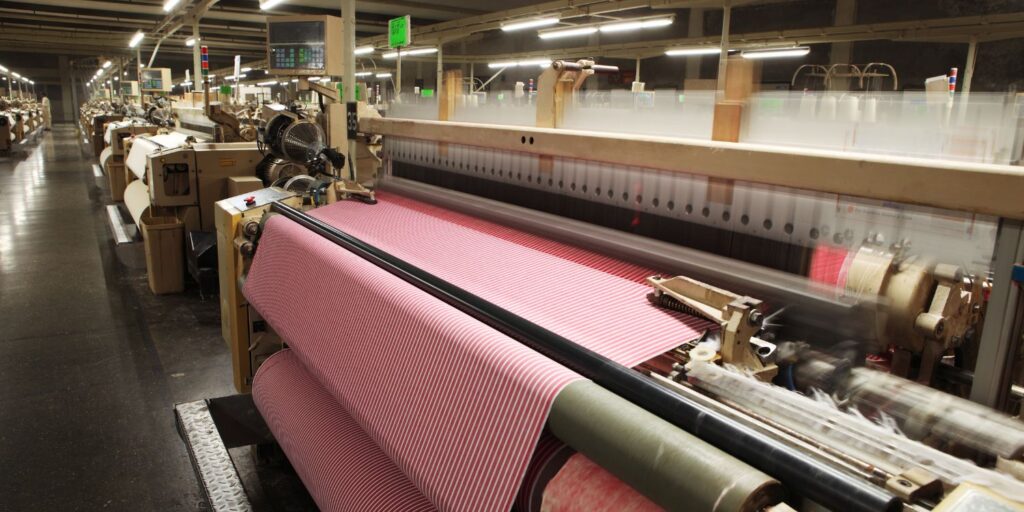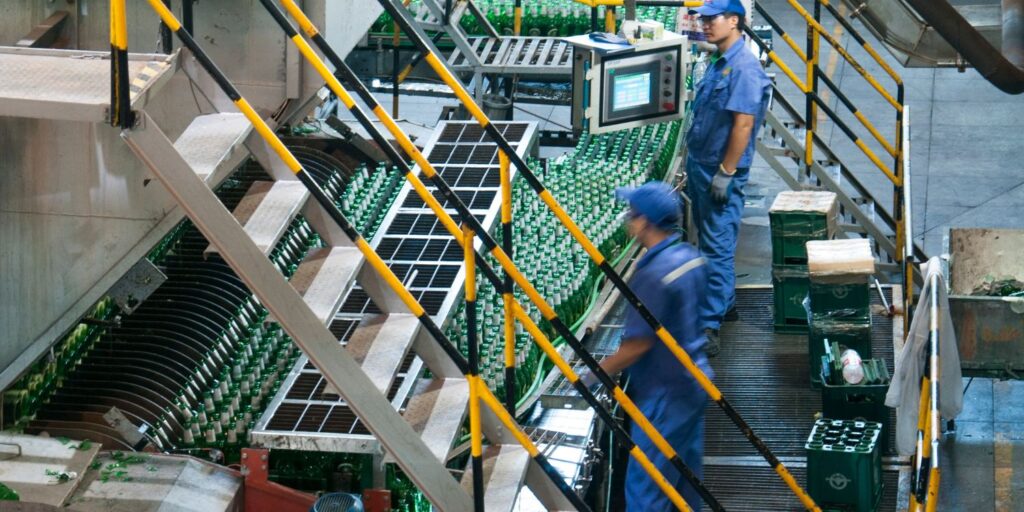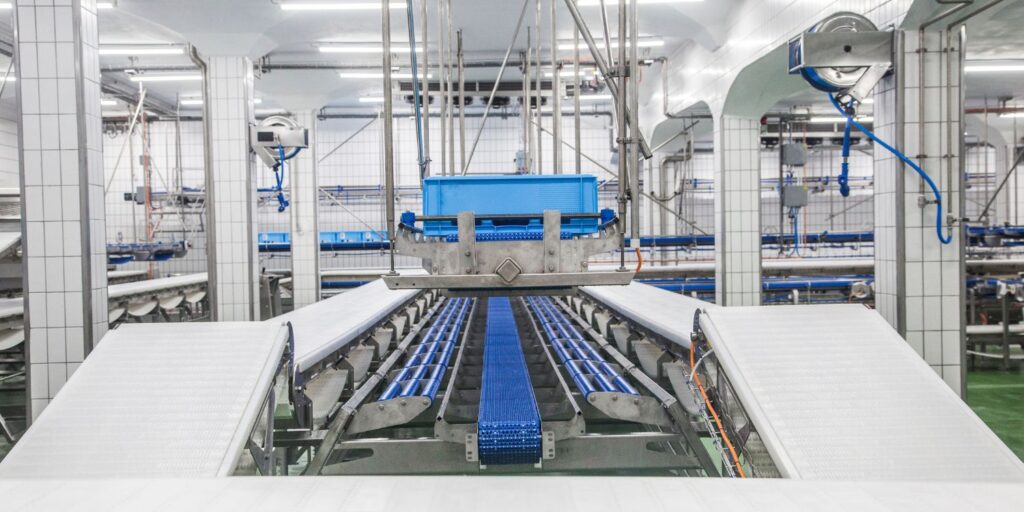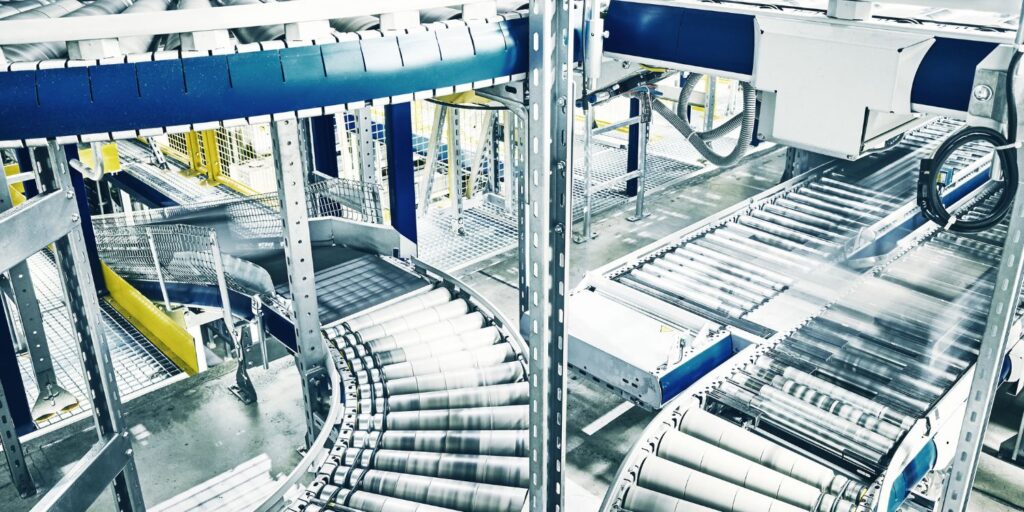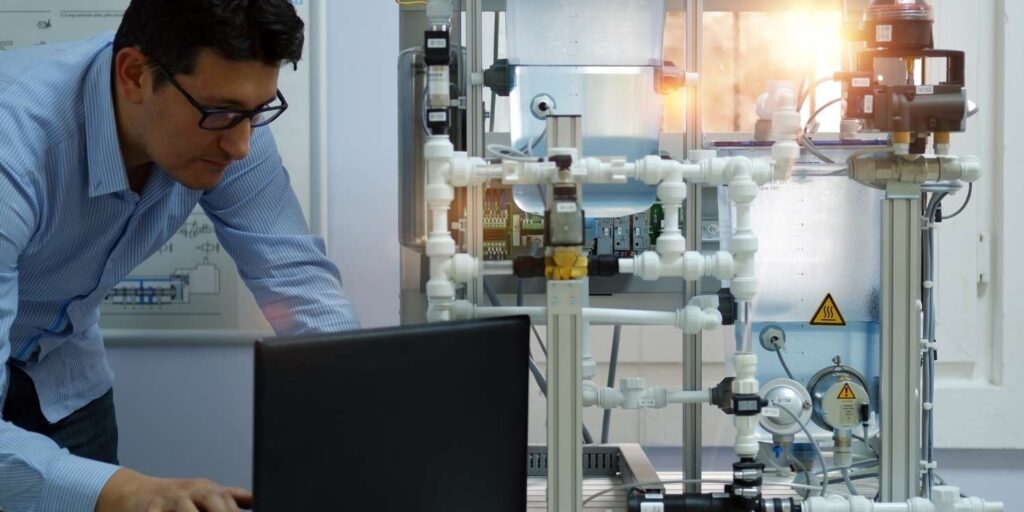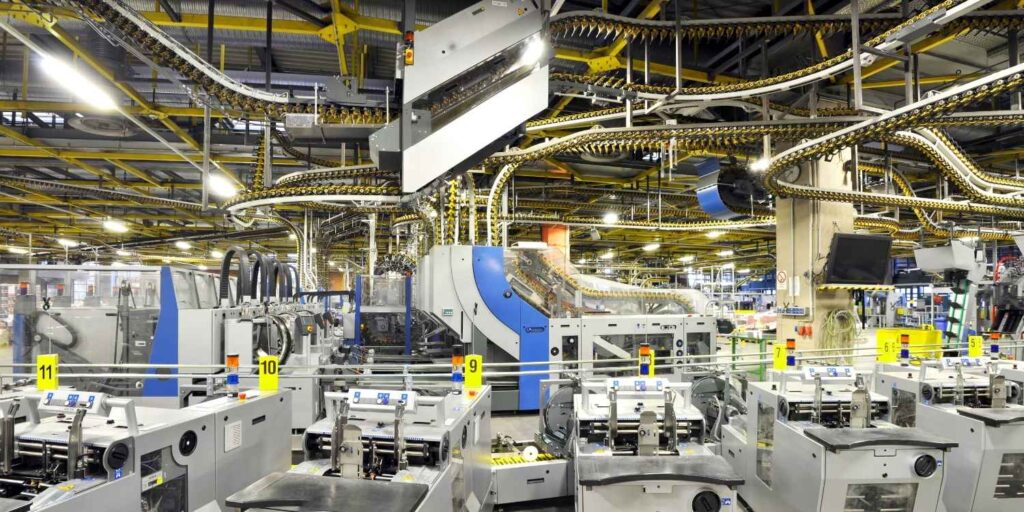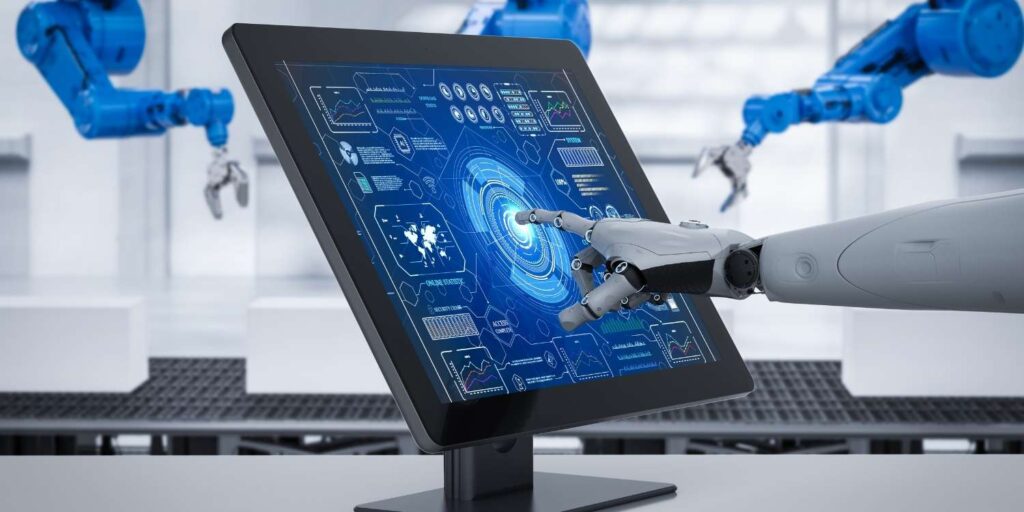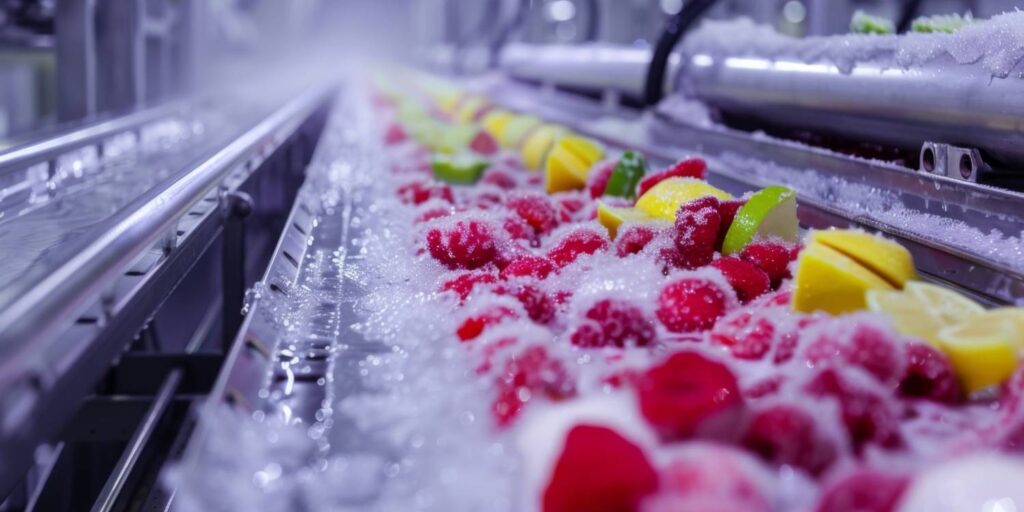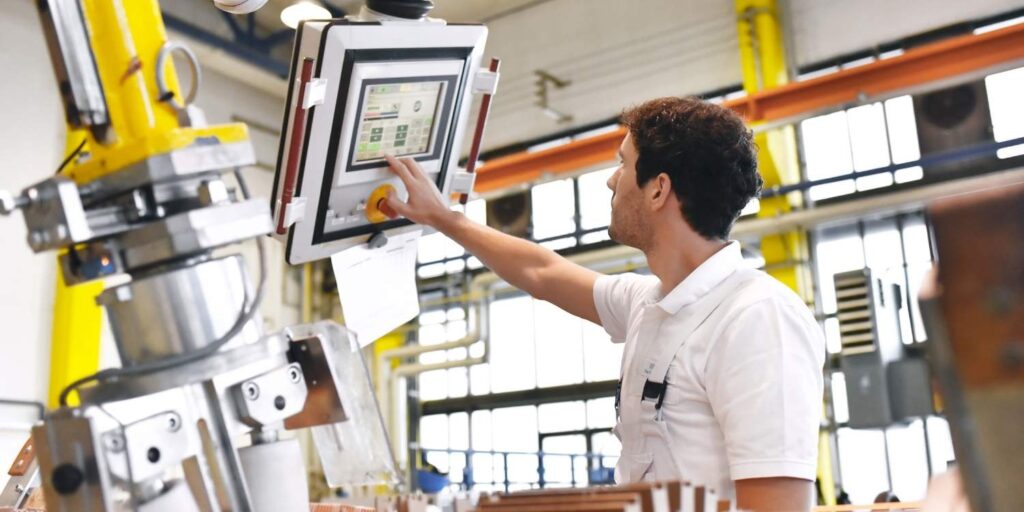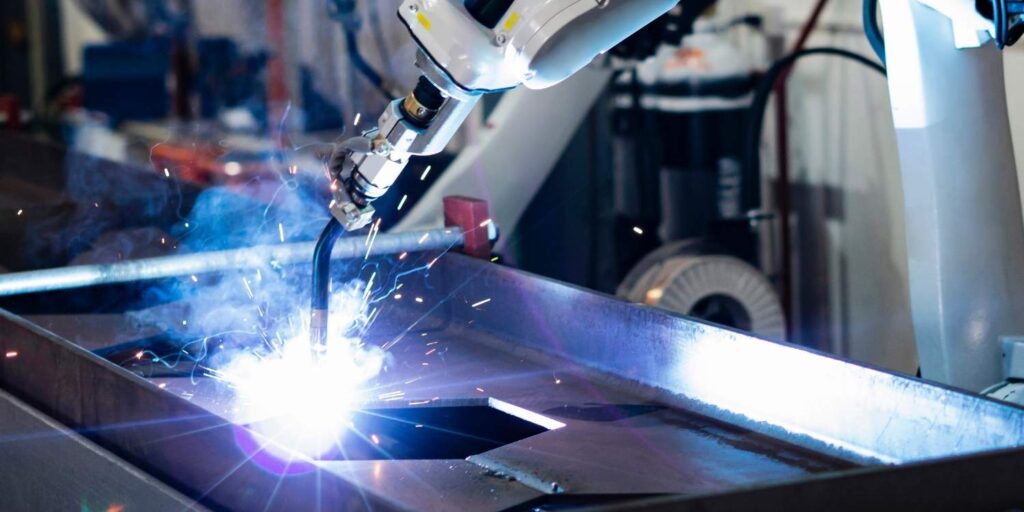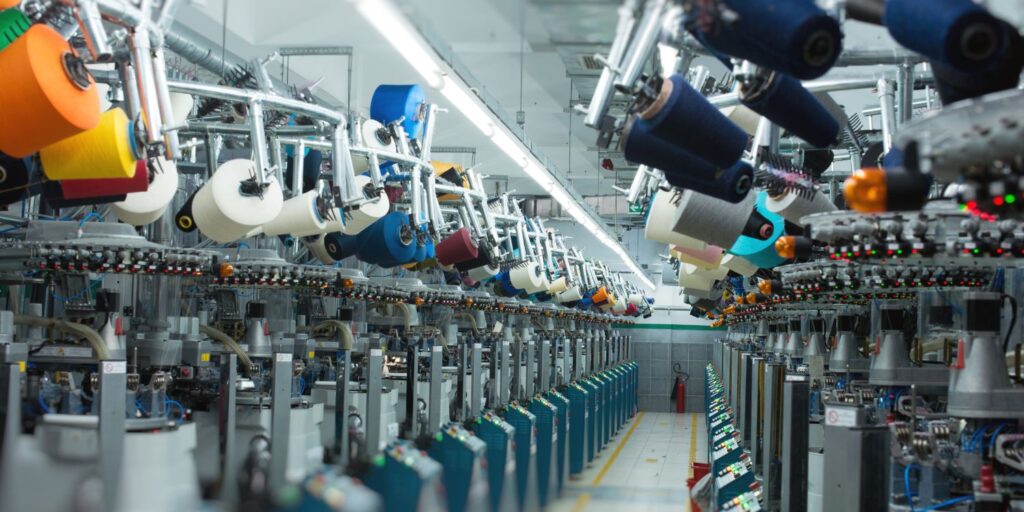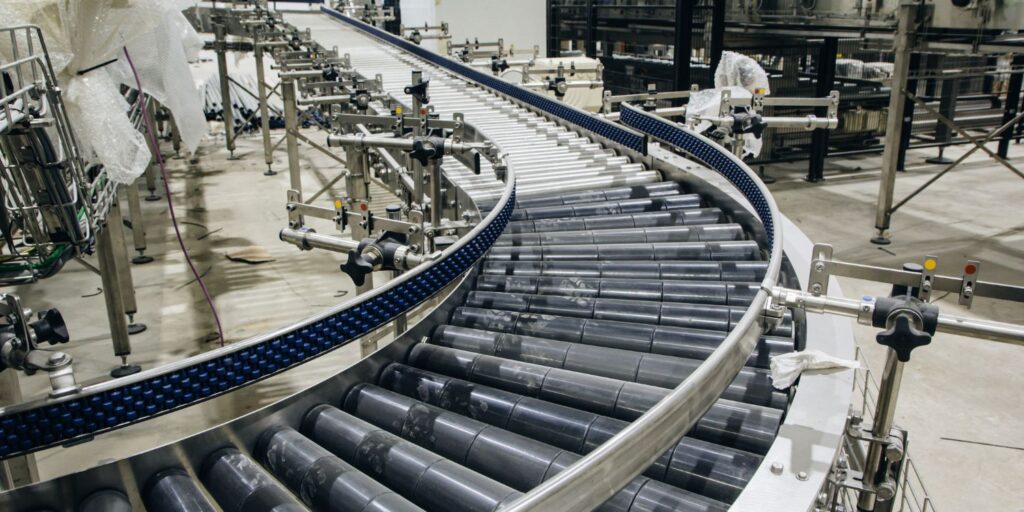Machinery is an important asset for industrial operations, and optimizing the way we control and understand machinery is critical, which leaves many operators asking the question—what is human machine interface?
What is Human Machine Interface?
Human Machine Interface (HMI) refers to the user interface that connects operators to the machinery and systems they control. These interfaces play a crucial role in industrial automation, enabling seamless interaction between human operators and complex industrial processes. HMIs are designed to simplify control, enhance operational efficiency, and improve overall user experience by providing intuitive and interactive displays of machine operations.
Key Components of HMI Systems
- Display Units: The most visible part of an HMI system is the display unit, which can range from simple screens to advanced touch displays. These units show real-time data, operational statuses, and control options, allowing operators to monitor and manage processes effectively.
- Input Devices: Input devices, such as touchscreens, buttons, and keyboards, allow operators to interact with the HMI system. Through these inputs, users can send commands, adjust settings, and navigate different system functions.
- Software: HMI software is the backbone of the interface, facilitating communication between the machine and the operator. It integrates with various industrial control systems, processes data, and generates user-friendly visualizations. Advanced HMI software supports features like data logging, alarm management, and remote access.
- Connectivity: Effective HMIs need to connect seamlessly with various hardware components and control systems, such as Programmable Logic Controllers (PLCs). This integration ensures smooth operation and reliable performance, enabling comprehensive monitoring and control.
The Importance of HMI in Industrial Automation
Human Machine Interfaces are pivotal in modern industrial environments due to their ability to enhance operational efficiency and safety. By providing real-time data visualization and interactive control options, HMIs help operators make informed decisions quickly. This leads to reduced downtime, improved productivity, and enhanced safety.
- Operational Efficiency: HMI systems streamline operations by providing clear, real-time insights into machinery performance. This helps in detecting and addressing issues promptly, optimizing workflow, and reducing unnecessary delays.
- User Experience: Custom HMI designs focus on user-friendly interfaces that minimize the learning curve and reduce operator errors. Well-designed HMIs improve the overall user experience by offering intuitive navigation and easy access to critical functions.
- Data Visualization and Analytics: Advanced HMI systems offer robust data visualization and analytics capabilities. They can display key performance indicators (KPIs), historical data, and real-time monitoring data on custom dashboards. This information is vital for long-term planning, identifying trends, and improving operational efficiency.
Crow Engineering’s HMI Services
Crow Engineering specializes in providing advanced HMI solutions tailored to the unique needs of various industries. Our services encompass:
- System Design and Development: We offer custom HMI design and development, focusing on creating intuitive and efficient user experiences. Our team develops robust software solutions that integrate seamlessly with existing systems and processes, ensuring reliable and scalable operations.
- Installation and Configuration: Our experts handle the entire setup process, from hardware installation to software configuration. We customize settings and parameters to optimize system performance and conduct thorough testing to ensure functionality and reliability.
- User Training and Support: To ensure effective use and management of HMI systems, we provide comprehensive training programs and detailed documentation. Our ongoing support services include troubleshooting, updates, and system enhancements.
- Data Visualization and Analytics: We implement HMI systems that offer real-time monitoring and historical data analysis. Our custom dashboards display critical data in an easily understandable format, facilitating informed decision-making and operational improvements.
Industry Applications of HMI
- Lumber and Forestry: In the lumber and forestry sector, HMI systems revolutionize operations by automating processes such as milling and material handling. This automation not only boosts productivity but also enhances efficiency by minimizing human error and optimizing resource utilization. Advanced data visualization tools provided by HMI systems enable operators to monitor machinery performance in real-time, ensuring consistent output quality and timely maintenance.
- Manufacturing: Manufacturing industries benefit greatly from HMI systems, which streamline workflow management and automate complex processes. By reducing manual interventions, HMIs decrease downtime and increase overall production efficiency. These systems provide operators with intuitive interfaces to control and monitor manufacturing processes, leading to improved product quality and faster response times to operational issues.
- Process Industries: For process industries such as oil and gas, pharmaceuticals, and food and beverage, HMI systems are essential for maintaining stringent process control and ensuring compliance with industry regulations. HMIs enhance safety by providing detailed monitoring and alarm management capabilities. They allow operators to oversee complex processes with precision, ensuring that parameters remain within safe limits and that any deviations are quickly addressed.
- Utilities: In the utilities sector, encompassing water treatment and power generation, HMI systems play a critical role in optimizing the management and control of operations. These systems enable operators to monitor and adjust processes remotely, ensuring reliable service delivery and efficient resource use. By integrating advanced monitoring tools, HMIs help utilities maintain operational stability and quickly respond to any issues that arise.
- Construction: The construction industry leverages HMI systems to improve project management and machinery operation. HMIs provide real-time data and alerts, enhancing safety and operational efficiency on construction sites. By facilitating better coordination and control of construction equipment, these systems help to minimize downtime and ensure that projects are completed on schedule.
- Agriculture: In agriculture, HMI solutions are employed to automate irrigation systems, monitor crop health, and optimize resource usage. This automation supports sustainable farming practices by ensuring precise control over water and nutrient delivery, reducing waste, and enhancing crop yields. HMI systems provide farmers with valuable insights into their operations, enabling more informed decision-making and efficient farm management.
Crow Engineering’s dedication to innovation and excellence sets us apart in the field of industrial automation. We focus on developing solutions that not only meet the immediate needs of our clients but also provide long-term benefits by enhancing efficiency, safety, and productivity. Our team of experts works closely with clients to understand their unique challenges and tailor HMI systems that deliver significant operational improvements. With a commitment to quality and customer satisfaction, Crow Engineering continues to be a trusted partner for businesses looking to optimize their industrial processes through advanced HMI solutions.
Crow Engineering’s comprehensive HMI operating systems are designed to enhance industrial control and improve operational efficiency across various industries. Our expertise in custom design, development, and integration ensures tailored solutions that meet your unique needs. Contact us today to learn more about how our advanced HMI solutions can benefit your operations.
Who are we?
Crow Engineering is a multi-discipline consulting engineering firm serving mechanical, structural, and civil engineering needs for a variety of industries.
Engineering Services
the crow connection
Recent News
The Crow Connection delivers high-level insights on engineering, automation, and process optimization, helping you drive efficiency and innovation. Covering topics like AI-powered automation, manufacturing strategies, and industrial process improvements, it’s a must-read for leaders seeking a competitive edge.
























